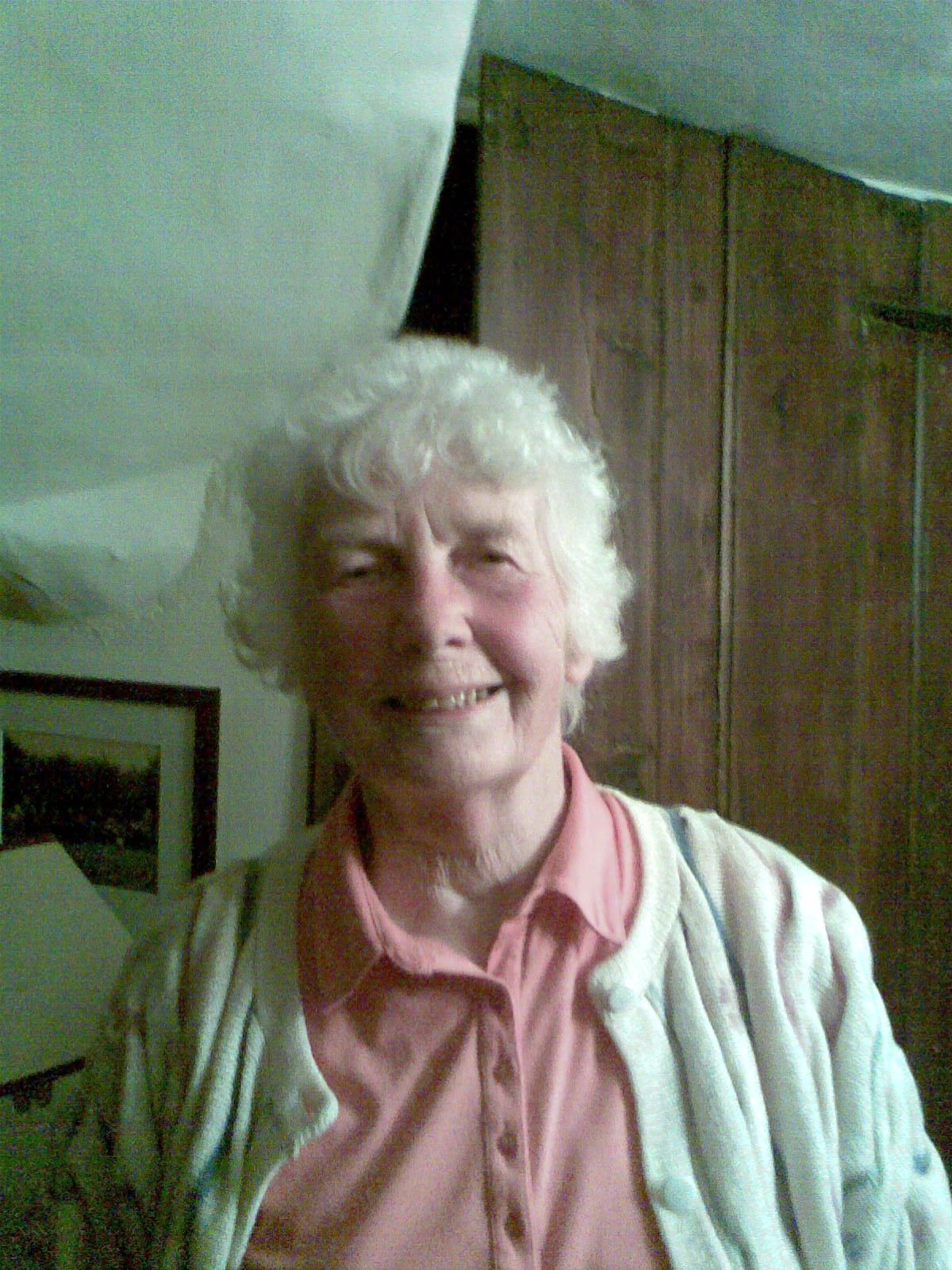 I am currently learning how to do wood carving. I find myself struggling. I have no “natural” feel for tools, having never been taught how to use them. My memories of tools is always of being cautioned not to damage them. A useful lesson but on its own it only served to sap my confidence around tools. Added to this is a high fear of getting it wrong. My tutor says, nonchalantly, “Don’t worry. It’s only a bit of wood.” He may well hold that view but for me my whole world rests on that bit of wood. All my critical voices come out, accusing me of incompetence, stupidity, clumsiness and a host of other criticisms. I have to work very hard to hear anything that reminds me that I am a novice. (I have been doing this for a total of four weeks. But my super ego is relentless.)
I am currently learning how to do wood carving. I find myself struggling. I have no “natural” feel for tools, having never been taught how to use them. My memories of tools is always of being cautioned not to damage them. A useful lesson but on its own it only served to sap my confidence around tools. Added to this is a high fear of getting it wrong. My tutor says, nonchalantly, “Don’t worry. It’s only a bit of wood.” He may well hold that view but for me my whole world rests on that bit of wood. All my critical voices come out, accusing me of incompetence, stupidity, clumsiness and a host of other criticisms. I have to work very hard to hear anything that reminds me that I am a novice. (I have been doing this for a total of four weeks. But my super ego is relentless.)
I see the same conflict in many of my patients. They have grown up feeling a failure-a message conveyed intentionally or otherwise by their parents. A not uncommon story from my patients is “I was a sort of afterthought for my parents. Or an accident. I grew up as if I was an only child whose job it was to look after his parents. I never really played with them. And my siblings were already a lot older than me.” A severe depressive episode as an adult was one consequence for this patient. Another was a desperate need to be liked by everyone. Conflict had to be avoided at all costs.
Other patients have had parents who were actively abusive – verbally and physically. What followed was a depth of rage and anger that again lead to depression. Many marriages have foundered on this history in one partner or the other. Sitting in the relative comfort of my therapist’s chair, it is easy to see the fault lines that lead from present difficulties back to childhood. Less easy is the healing of these lines. All too often the act of naming them re-creates the original trauma – or at least triggers a reaction akin to the original one.
A friend suggested a book to me “The Insistence of God. A theology of Perhaps” by John D.Caputo. He writes about the word “perhaps”
“‘Perhaps is the abdication of faith, decision, ethics, judgement and knowledge, of philosophy and theology, a retreat to the safety of the indecisive and uncommitted.”
As a therapist I take up a “perhaps” stance. I constantly hear myself saying “I wonder if …” Or “You seem to be saying …” Or something similar. Always tentative. Gently probing. Or trying to be gentle! (One of the aspects of psychiatry that I disliked was the emphasis on diagnosis. “This person has schizophrenia. This one is Bi-Polar. Here we have a schizo-affective disorder”. There was a fantasy of certainty. These symptoms equal that illness for which these are the correct drugs. All too often there was no room for “perhapsness” I think Caputo is describing what is also called Play of which the psychoanalyst Donald Winnicott writes
“Psychotherapy takes place in the overlap of two areas of playing, that of the patient and that of the therapist. Psychotherapy has to do with two people playing together.”
I think we play a game of “perhaps”.
Don't give up







